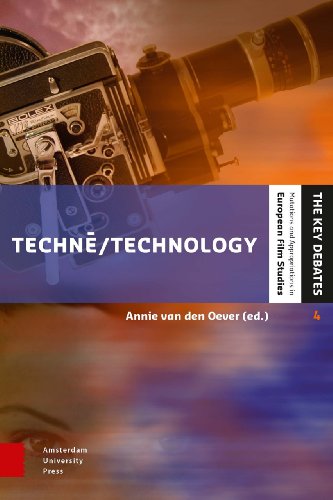Nathan Brown: The Limits of Fabrication: Materials Science, Materialist Poetics (2017)
Filed under book | Tags: · aesthetics, fabrication, literary criticism, literary theory, literature, materialism, materials science, nanotechnology, ontology, philosophy, poetics, poetry, technē

“Poetry, or poiēsis, has long been understood as a practice of making. But how are experiments in the making of poetic forms related to formal making in science and engineering? The Limits of Fabrication takes up this question in the context of recent developments in nanoscale materials science, investigating concepts and ideologies of form at stake in new approaches to material construction. Tracing the direct pertinence of fields crucial to the new materials science (nanotechnology, biotechnology, crystallography, and geodesic design) in the work of Shanxing Wang, Caroline Bergvall, Christian Bök, and Ronald Johnson back to the midcentury development of Charles Olson’s ‘objectist’ poetics, Nathan Brown carves out a tradition of constructivist, nonorganic poetics that has developed in conversation with science and engineering.
While proposing a new approach to the relation of technē (craft, skill) and poiēsis (making, forming), this book also intervenes in philosophical debates concerning the concept of the object, the distinction between organic and inorganic matter, theories of self-organization, and the relation between ‘design’ and ‘nature’. Engaging with Heidegger, Agamben, Whitehead, Stiegler, and Nancy, Brown shows that materials science and materialist poetics offer crucial resources for thinking through the direction of contemporary materialist philosophy.”
Publisher Fordham University Press, New York, 2017
ISBN 9780823272990, 0823272990
xi+296 pages
via Memory of the World
Review: Tom Eyers (boundary2, 2017).
PDF (26 MB)
Comment (0)Annie van den Oever (ed.): Technē/Technology: Researching Cinema and Media Technologies (2014)
Filed under book | Tags: · aesthetics, art, cinema, film, film theory, image, machine, media, media technology, media theory, perception, phenomenology, philosophy of film, philosophy of technology, photography, technē, technology, television, video, vision

“This fourth title in the series The Key Debates sets out where the term technē comes from, how it unleashed a revolution in thought and how the concept in the midst of the current digital revolution, once again, is influencing the study of film. In addition, the authors – among them André Gaudreault, Geoffrey Winthrop-Young, Martin Lefebvre, Dominique Chateau, Nanna Verhoeff, Andreas Fickers and Ian Christie – investigate how technologies have affected the major debates about film, how they affected film theory and some of its key concepts. This is one of the rare books to assess the comprehensive history of the philosophies of technology and their impact on film and media theory in greater detail.”
Publisher Amsterdam University Press, Amsterdam, 2014
The Key Debates: Mutations and Appropriations in European Film Studies series
Creative Commons BY NC ND License 3.0
ISBN 9089645713, 9789089645715
413 pages
Julia Vaingurt: Wonderlands of the Avant-Garde: Technology and the Arts in Russia of the 1920s (2013)
Filed under book | Tags: · 1920s, aesthetics, architecture, art, art history, avant-garde, biomechanics, body, cinema, communism, constructivism, design, literature, machine, politics, russia, science fiction, sexuality, socialism, soviet union, technē, technology, theatre

“In postrevolutionary Russia, as the Soviet government was initiating a program of rapid industrialization, avant-garde artists declared their intent to serve the nascent state and to transform life in accordance with their aesthetic designs. In spite of their professed utilitarianism, however, most avant-gardists created works that can hardly be regarded as practical instruments of societal transformation. Exploring this paradox, Vaingurt claims that the artists’ investment of technology with aesthetics prevented their creations from being fully conscripted into the arsenal of political hegemony. The purposes of avant-garde technologies, she contends, are contemplative rather than constructive. Looking at Meyerhold’s theater, Tatlin’s and Khlebnikov’s architectural designs, Mayakovsky’s writings, and other works from the period, Vaingurt offers an innovative reading of an exceptionally complex moment in the formation of Soviet culture.”
Publisher Northwestern University Press, 2013
SRLT series
ISBN 0810128942, 9780810128941
322 pages
via Sorin
Review: Boris Dralyuk (NEP, 2013), Tim Harte (Slavic Review, 2014).
PDF (updated on 2022-11-12)
See also the science-fiction film Aelita, Queen of Mars, dir. Yakov Protazanov, 1924, 111 min, based on Tolstoy’s novel.
Comments (2)
